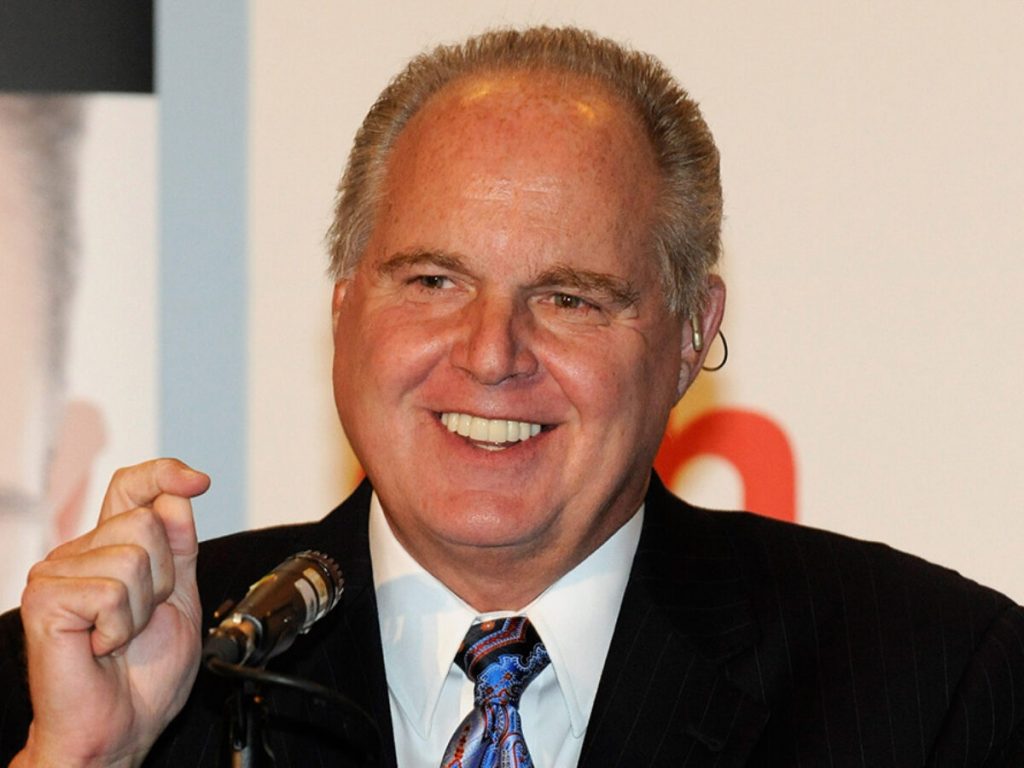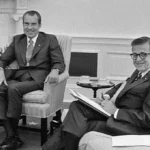Blog Post
Rush Limbaugh’s pro-life legacy
By Jonathon Van Maren
Whether you loved him or hated him, there is no doubt that Rush Limbaugh was a conservative icon with an impact almost as outsize as his famously flaunted ego. I read his books—The Way Things Ought to Be and See, I Told You So—before I ever heard him on radio and was fascinated by his unapologetic approach to exposing the reality of abortion. Limbaugh was not a Christian (at least at the time), but he was staunchly pro-life, and for a time he terminated hostile callers with what he referred to as a “caller abortion.” Limbaugh had the sounds of a vacuum cleaner and a seven-second recording of a human scream mixed in a chilling imitation of a suction aspiration abortion. When a caller became problematic, Limbaugh would trigger the recording and disconnect the call.
To drive the point home, he called an expert from the New York Telephone Company to demand answers to questions with obvious parallels: “When does a call begin? Does it begin when I dial? Does it begin when I get a ring? Does it begin when somebody answers?” Abortion activists were livid; protest letters poured in; and Limbaugh’s show lost one station in Seattle. Limbaugh cancelled the stunt—but only after explaining that people’s discomfort with the scream fading down the vacuum hose proved his point.
“None of what I did was real,” he told his audience. “Yet in this country an abortion happens 4,000 times a day. For real. The screams are real, the vacuum cleaner is real. There is real emotional distress. There is physical harm and there’s death. And you are calling a guy on the radio and telling him that he poses a threat to society?” It was an early articulation of a point that would grow ever more relevant in the decades ahead: To progressives, words are violence and actual violence is healthcare.
For pro-lifers, Limbaugh was an ally, using his studio as a cockpit in the war for the lives of the unborn. He rarely missed a chance to champion pro-life legislation, to articulate his opposition to Roe v. Wade, and to highlight the truth about what abortion actually is. Limbaugh was many things, but with his audience in the tens of millions, he was also one of the cultural leaders that helped to make the GOP a pro-life party, pushing the issue into the consciousness of countless voters.
Limbaugh’s legacy and cultural impact are, obviously, a mixed bag. It is easy to cherry-pick tactless statements when someone spends three hours of every day in front of the mic (I was actually listening to Rush on a long road trip when he launched his famous attack on Sandra Fluke), and Limbaugh enjoyed the give and take of perpetual political combat. Ross Douthat penned a rather grim analysis of Limbaugh’s legacy over at the New York Times, noting that the ecosystems of Conservatism Inc. have become largely air-tight over the years, a distinct break from the “missionary and confident with a gentlemanly comportment” approach of William F. Buckley and Ronald Reagan.
That may all be true, although the blame for that can hardly be laid at Limbaugh’s feet. But as Ben Shapiro (also in the New York Times) pointed out, Rush Limbaugh was also the man who broke the liberal hegemony on the nation’s media. By taking the conservative message, replete with unapologetic anti-abortion perspectives, to the national airwaves, Limbaugh’s show ended up on 650 stations with an audience of 20 million by 1994, demonstrating that an enormous market for such content existed. Fox News, the Daily Wire, and the rest of Conservatism, Inc. followed. There are plenty of justified criticisms of Conservatism Inc.—but I doubt Douthat or any other conservative could argue that the right-wing could survive without these ecosystems, flawed as they are. Without them, there would be no alternative to the progressive monolith.
There are many ways to remember Rush Limbaugh, and there’s a bit of truth to all of them. As someone who works fulltime in the pro-life movement, I remember him as someone who reached millions with the anti-abortion message, a radio host who articulated a basic defence of life to truckers, commuters, and curious listeners across America. Rush Limbaugh was used to punching up, and even received the compliment of having President Barack Obama attempt to define the GOP as “his” party. But when it came to defending the weakest and most vulnerable members of American society, his golden microphone was at their disposal. For that, we owe him our gratitude.








